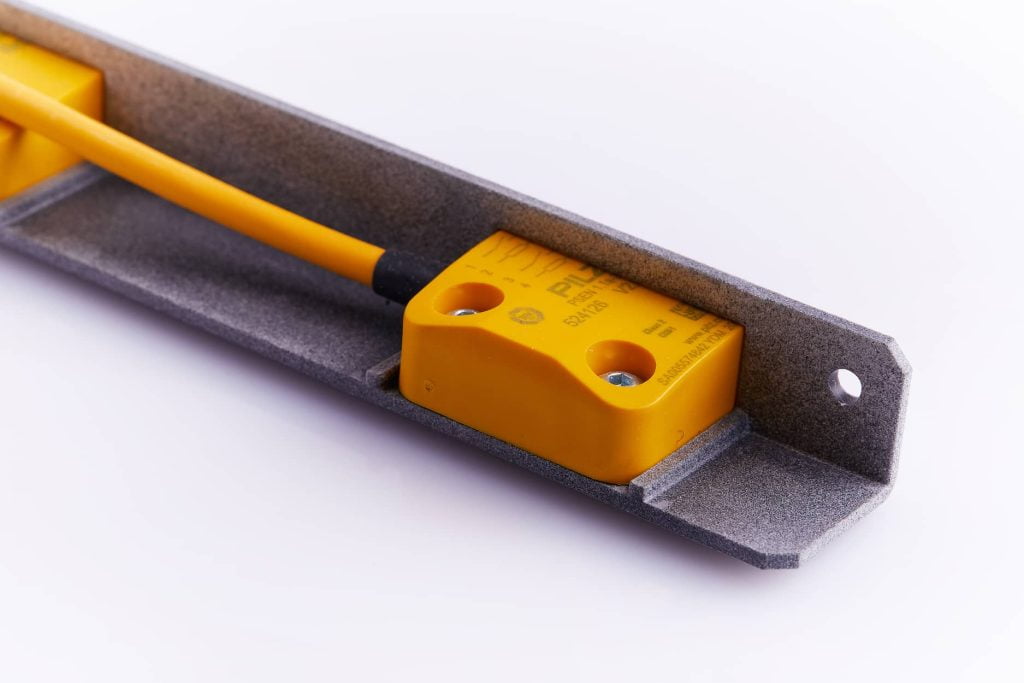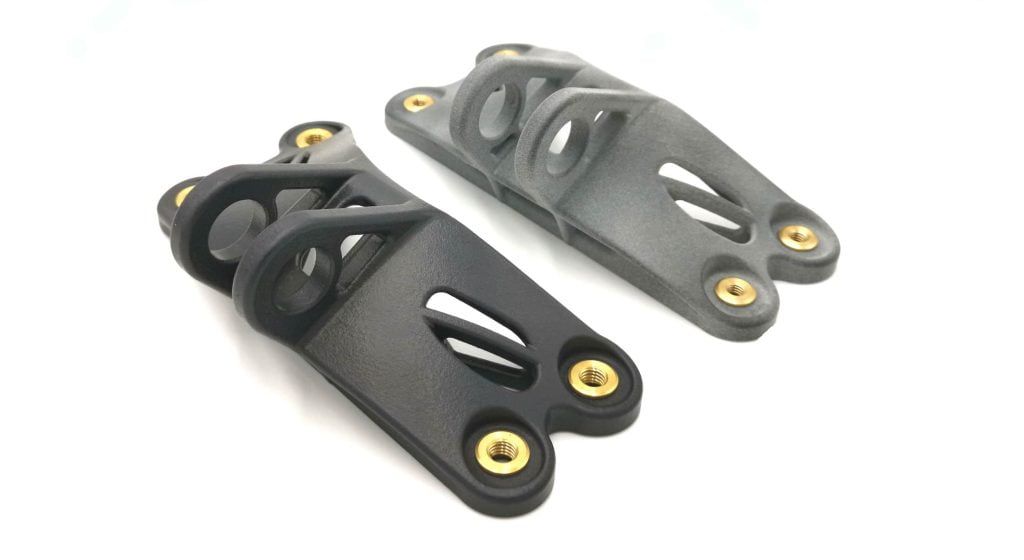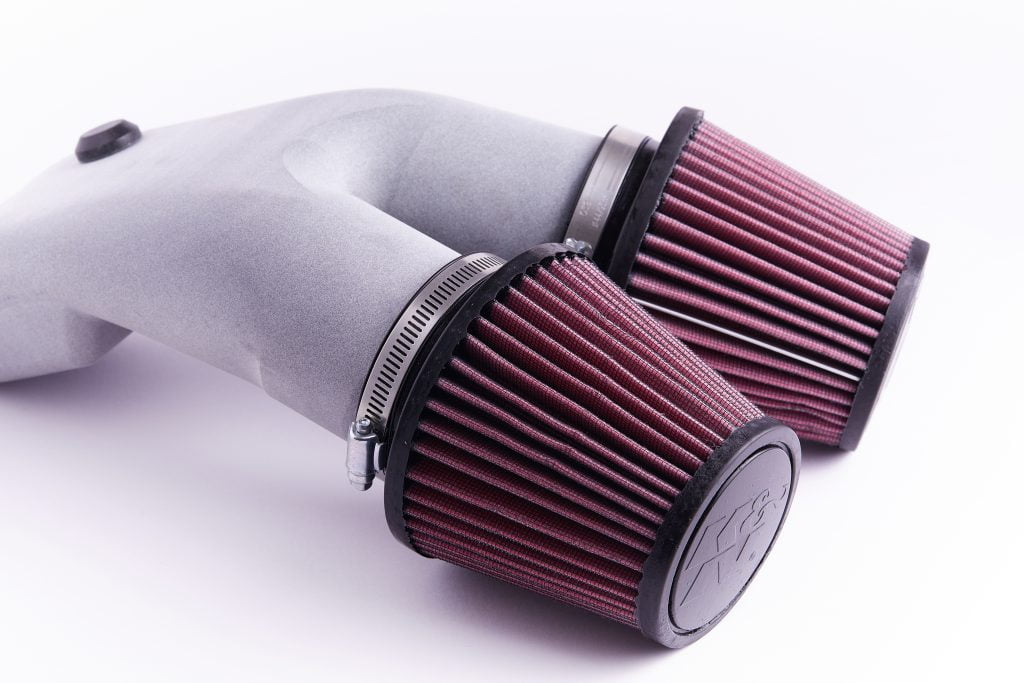When it comes to small batch production, finding a cost-effective and efficient method can be a challenge. Traditional manufacturing techniques often require large minimum order quantities, which can be prohibitively expensive for smaller productions. However, 3D printing has emerged as a viable alternative for small batch production, particularly with the advent of HP Multi Jet Fusion (MJF) technology.

One of the primary advantages of HP MJF 3D printing is its speed and efficiency. Unlike traditional manufacturing methods, which require lengthy setup times and tooling changes, HP MJF 3D printing allows for rapid production of parts without the need for molds or tooling. This means that small batches can be produced quickly and efficiently, reducing lead times and allowing businesses to respond rapidly to changing customer demands.
Another significant advantage of HP MJF 3D printing is its cost savings compared to traditional manufacturing methods. Because there is no need for molds or tooling, the initial investment required for production is significantly lower. Additionally, because HP MJF 3D printing uses a powder-based material, waste is minimised, further reducing costs. This makes it an ideal solution for small batch production, where the costs associated with traditional manufacturing methods may be expensive.
 High Quality and Accuracy
High Quality and AccuracyHP MJF 3D printing offers high-quality and accurate parts production, making it suitable for a wide range of applications. The technology uses a combination of fusing agents and detailing agents to create parts with excellent surface finish and accuracy. This level of precision is especially important for small batch production, where even minor defects can impact the performance and functionality of the final product.
Flexibility and Versatility
HP MJF 3D printing offers a high degree of flexibility and versatility, enabling businesses to produce a wide range of parts and products. The technology supports a variety of materials, including PA 12, PA 11, and BASF Ultrasint® 3D printing materials. This allows businesses to select the best material for their specific application, ensuring that the final product meets the necessary requirements for strength, durability, and other factors.

HP 3D printing with IPFL offers several advantages for small batch production, including speed and efficiency, cost savings, high quality and accuracy, and flexibility and versatility. As businesses continue to seek ways to improve their manufacturing processes and reduce costs, HP MJF 3D printing is becoming an increasingly popular solution. Whether you’re looking to produce prototype parts, end-use components, or anything in between, HP MJF 3D printing is definitely worth considering for your small batch production needs.
At IPFL, we offer a range of 3D printing services, including HP MJF 3D printing, to help businesses like yours succeed. Contact us today to learn more about our services and how we can help you achieve your manufacturing goals.